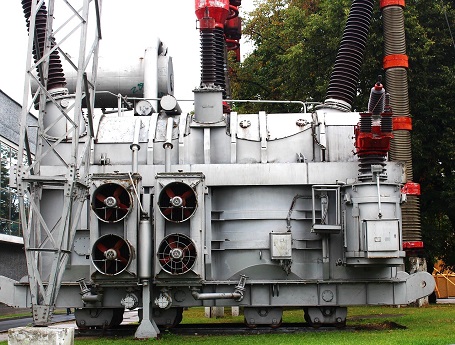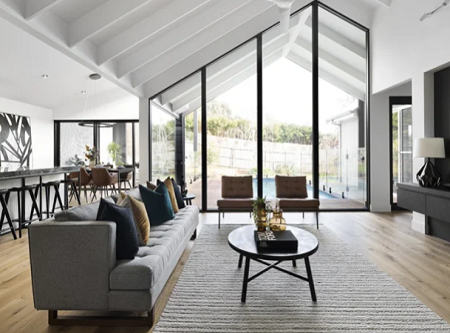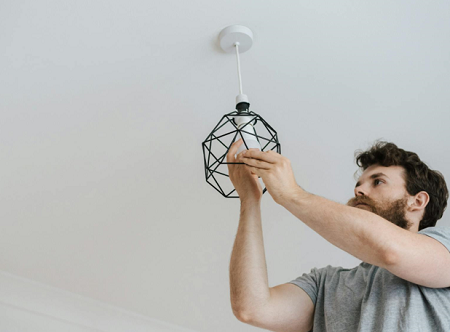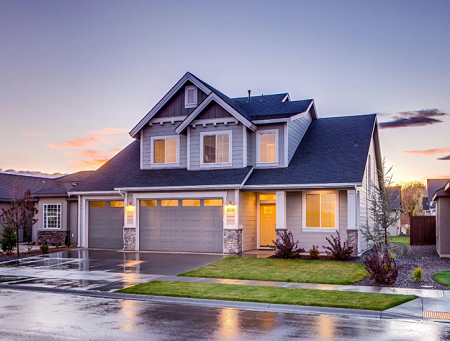 Homeowners in Suwanee, GA, are no strangers to rising energy bills, especially during the peak of summer and the cold snaps of winter. Heating and cooling a home can put a serious dent in your monthly budget. That’s why more families across the area are looking for ways to make their homes more energy-efficient without spending a fortune upfront.
Homeowners in Suwanee, GA, are no strangers to rising energy bills, especially during the peak of summer and the cold snaps of winter. Heating and cooling a home can put a serious dent in your monthly budget. That’s why more families across the area are looking for ways to make their homes more energy-efficient without spending a fortune upfront.
The good news is you don’t need to do a full renovation to notice a difference. With just a few smart changes, you can reduce your energy use, increase comfort, and see lower utility costs. From quick weekend projects to minor upgrades, these simple actions can make your home more efficient and budget-friendly.
Let’s explore how you can start making impactful changes today, right from inside your own home.
Assessing Your Home’s Energy Habits
Before jumping into upgrades or buying new devices, it’s important to take a closer look at how your home uses energy right now. Many homes in Suwanee have hidden trouble spots that cause slow, steady waste over time. Drafty windows, poorly sealed doors, outdated appliances, and older HVAC systems are some of the biggest energy wasters. However, most people don’t notice these issues until they receive a high energy bill.
A good first step is to walk through your home and check for anything that feels off—hot or cold spots, flickering lights, unusual sounds from your heating system, or high humidity levels indoors. These can all point to a larger issue affecting your home’s efficiency.
For a deeper look, some homeowners schedule an energy audit. This assessment highlights problem areas like air leaks or insulation gaps. If you’re unsure where to begin, reaching out to an HVAC contractor in Suwanee, GA, can help identify hidden inefficiencies in your heating and cooling system. These professionals often spot problems that are easy to fix but hard to notice, like leaky ductwork or aging thermostats that aren’t responding accurately.
Once you have a clear picture of what’s going wrong, you can move forward with targeted fixes that actually make a difference.
Smart Thermostat and HVAC Optimization
Heating and cooling usually make up the biggest chunk of a household’s energy use. That’s why getting control over your HVAC system can lead to serious savings. One of the easiest ways to start is by installing a smart thermostat.
Smart thermostats learn your daily routine and automatically adjust the temperature based on when you’re home or away. You can program them to drop a few degrees at night or during work hours—times when comfort isn’t a top priority. Even small adjustments like this can reduce your energy use without you even thinking about it.
In addition to automation, these thermostats often come with mobile apps. You can check in and make changes from anywhere, so you’re not wasting energy cooling or heating an empty house. Many models also track your usage and suggest ways to save more.
Don’t forget the basics, though. Changing your HVAC filters every one to three months helps the system run smoothly. Dirty filters block airflow and force the unit to work harder, which drives up energy costs. You might also want to seal any exposed ductwork in the attic or basement. A few tubes of duct sealant or metal tape can go a long way in keeping conditioned air inside your living space.
Sealing and Insulation Tips
Even the most powerful HVAC system won’t help much if your home leaks air. Poor insulation and gaps in your building’s shell allow heat to escape in the winter and creep in during the summer. That forces your heating and cooling systems to work harder.
Start with the attic. Heat rises, and without enough insulation in the ceiling, much of it escapes. Use fiberglass batts or blown-in insulation to bring the space up to recommended levels. Pay attention to recessed lights and attic hatches, as they’re common weak points.
Next, check your doors and windows. Run your hand along the edges. If you feel air movement, add weatherstripping or caulk. These materials are inexpensive, easy to install, and make a noticeable difference. Outlets on exterior walls are another common problem area. Foam gaskets placed behind switch plates stop drafts without needing tools.
Making your home more airtight doesn’t require major changes—it’s often a matter of addressing small gaps that go unnoticed for years.
Lighting and Appliance Upgrades
Switching to energy-efficient lighting is one of the simplest upgrades you can make. LED bulbs use up to 75% less energy than traditional ones and last much longer. Replace bulbs in the most-used areas of your home first—kitchen, living room, and outdoor fixtures.
Many electronics and appliances continue drawing power even when turned off. These “phantom loads” add up. Use smart power strips to cut off power completely when devices aren’t in use. They’re especially helpful for home offices and entertainment centers.
Older appliances also drain more energy than newer models. Replacing your refrigerator, washer, or dishwasher with ENERGY STAR-rated options can lead to steady savings month after month. While the upfront cost might be higher, the return on lower utility bills is worth it in the long run.
Simple Lifestyle Changes That Save Energy
Some of the most effective changes come from daily habits. Turn off lights and electronics when you leave a room. Use task lighting instead of overhead lights. Let natural light brighten your home during the day.
When doing laundry, wash with cold water and air-dry when possible. Clothes dryers are one of the biggest energy users in most households. Using the microwave or a slow cooker instead of the oven also helps reduce electricity use.
These may seem like minor habits, but together they lead to significant reductions in your home’s overall energy demand.
Energy efficiency doesn’t have to be complicated. Small updates, regular maintenance, and smart habits can go a long way toward creating a more comfortable, cost-effective home. Whether you live in a newer property or an older one, there’s always room to improve how your home uses energy. Start small, stay consistent, and you’ll begin to notice the difference over time.







